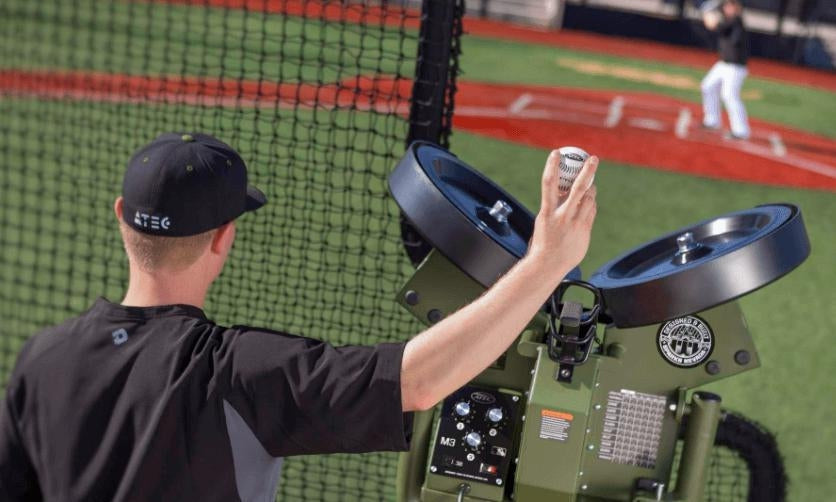Shop
Shop
Shop
Shop
Shop
Shop
Shop
Shop
Shop
Shop
Shop
Shop
Shop
Shop
Shop
Shop
Shop
Shop
Shop
Shop
Brands
Brands
Brands
Brands
-
Shop
-
Baseball
-
Softball
-
Basketball
- Volleyball
- Golf
- Football
- Track & Field
- Soccer
- Recreation
- Pickleball And Tennis
- Hockey
- Badminton
- Lacrosse
- Padding
- Field Maintenance
- Mounds By Type And Height
- Parts & Replacements
- Accessories
- Score And Measurement
-
Field & Facility Equipment
- Balls
- Installation
- For The Beginner
- Storage And Transport
- Hoops By Size And Type
-
Baseball
-
Brands
- Contact Us

